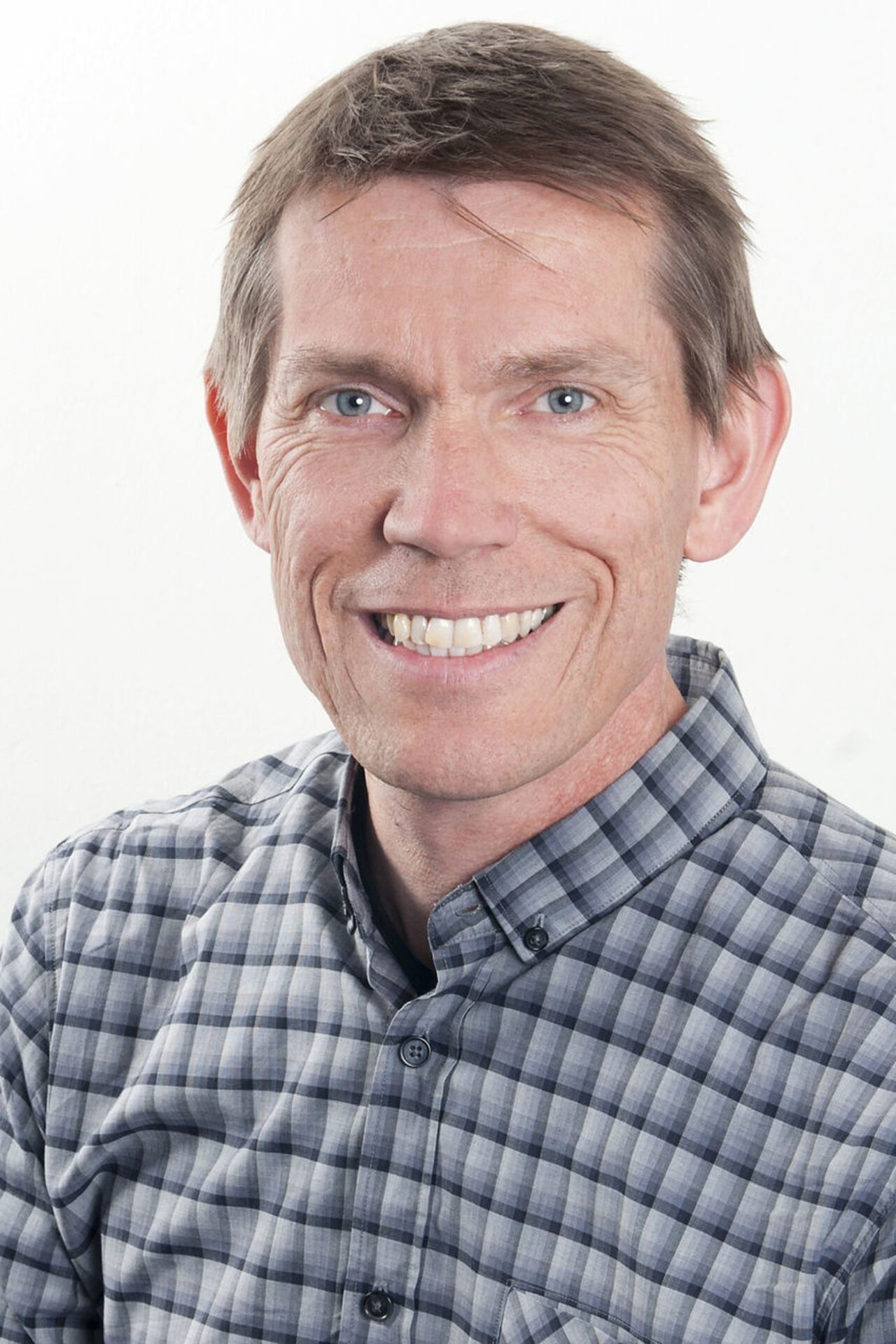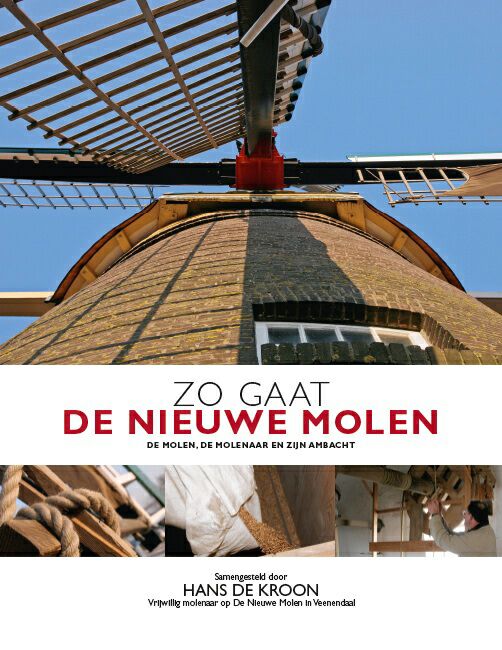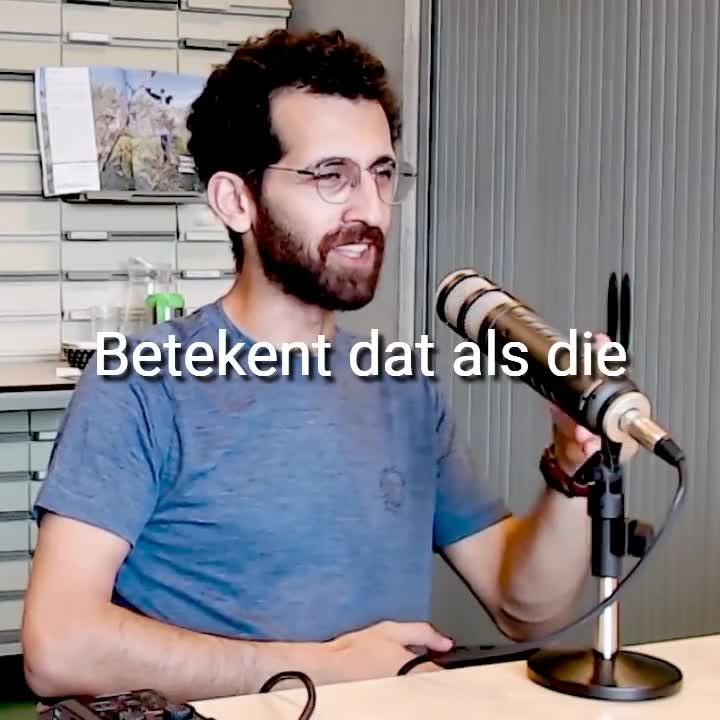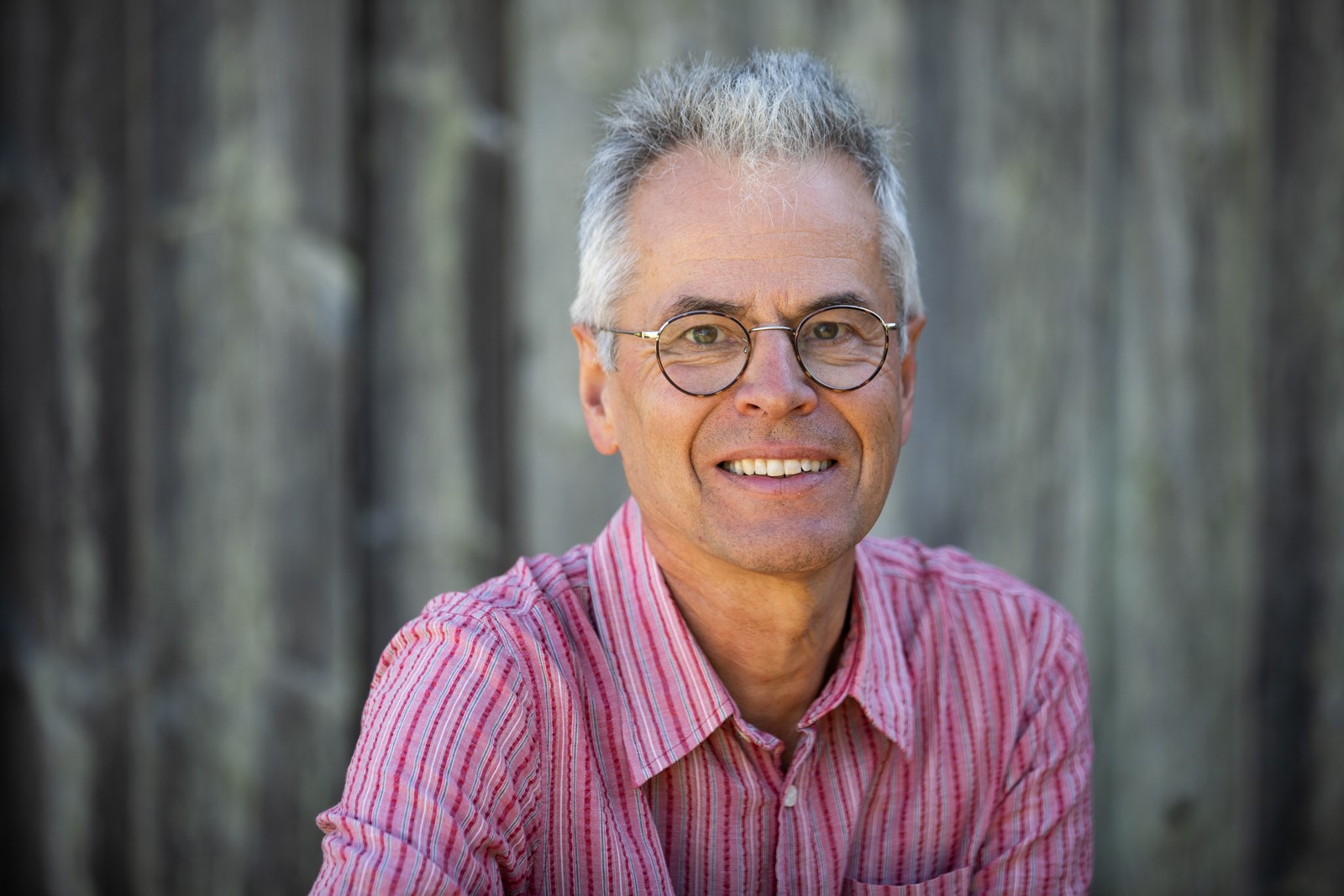
Hans Kroon Gold's Gym midden jaren 80 YouTube
Angela J. Brandt1*, Hans de Kroon2, Heather L. Reynolds3 and Jean H. Burns1 1 Department of Biology, Case Western Reserve University, Cleveland, OH 44106 USA; 2 Department of Experimental Plant Ecology, Institute for Water and Wetland Research, Radboud University Nijmegen, 6500 GL Nijmegen, The

Hans de Kroon Handreiking Grasbekleding
Significance Various sources have reported insect decline in total biomass, numbers, and species diversity. With German data on a species-rich hoverfly community over 25 y and a theoretical model, we show how these decline rates are interrelated.

Een bloemrijke dijk als wapen tegen klimaatverandering Succesvolle verbinding Deltanieuws
Hans de Kroon Radboud University | RU · Institute for Water and Wetland Research PhD Contact Connect with experts in your field Join ResearchGate to contact this researcher and connect with your.

Hans Kroon benoemd op leerstoel Ambulantisering en Deïnstitutionalisering Trimbosinstituut
New Phytologist Free Access A modular concept of phenotypic plasticity in plants Hans De Kroon, Heidrun Huber, Josef F. Stuefer, Jan M. Van Groenendael First published: 17 January 2005 https://doi.org/10.1111/j.1469-8137.2004.01310.x Citations: 321 Sections PDF Tools Share Summary

Radboud University scientists participate in European Parliament committee panel The Guild
Here, we used a standardized protocol to measure total insect biomass using Malaise traps, deployed over 27 years in 63 nature protection areas in Germany (96 unique location-year combinations) to infer on the status and trend of local entomofauna. Our analysis estimates a seasonal decline of 76%, and mid-summer decline of 82% in flying insect.

Hans Kroon Bi(bli)ografie
Hans de Kroon is trained as a plant ecologist, focusing on the interactions between plants, especially underground at roots and the behavior of plants in the soil. Interacting plants are already fascinating, but he became increasingly interested in regulating the biodiversity of ecosystems. His mission is learning to understand how species.

Where Have All the Insects Gone? Public Affairs Lecture by ecologist Hans de Kroon in
Caspar A. Hallmann & Hans de Kroon Department of Biological Sciences, Macquarie University, Sydney, New South Wales, Australia Marie E. Herberstein & Elizabeth C. Lowe

Prof. Dr. Hans de Kroon over de Living Labs Biodiversiteitsherstel YouTube
Hans de Kroon wil begrijpen hoe veranderingen in biodiversiteit van planten-, vogels- en insectensoorten optreden. De wereldwijde afname van insecten is voor hem een belangrijk thema. Ook ontwikkelt hij programma's met verschillende samenwerkingspartners om onze biodiversiteit te herstellen.

Hans de Kroon laat zien dat herstel van biodiversiteit mogelijk is en roept op om te stemmen
Professor Hans de Kroon coordinated the research, resulting in numerous media appearances and talks with policymakers. De Kroon sees it as a gamechanger in his career as a scientist. 'My research has broken new ground, which would never have happened if we had not published these findings.

Hans de Kroon op LinkedIn Nu in een podcast mijn verhaal over de biodiversiteit onder druk, de…
by Steven De Bie, Todd Dawson, K V R Priyadarshini, priya yk, and Hans de Kroon Savanna vegetation is characterized by tree-grass co-existence that can experience intense water limitation, yet the water relations of these savanna plants are poorly understood.
/s3/tark/NH/200908/10/1132217.jpg)
Opleving beurs geen redding NRC
Dive into the research topics where Hans de Kroon is active. Explore More Publication. Featured researches published by Hans de Kroon. Ecology | 2000. ELASTICITIES: A REVIEW OF METHODS AND MODEL LIMITATIONS. PDF. Hans de Kroon; Jan M. van Groenendael; Johan Ehrlén.

Hans de Kroon het Groene Brein
Science Faculty P.O. Box 9010 6500 GL Nijmegen The Netherlands. Visiting address. Huygens building Heyendaalseweg 135 6525 AJ Nijmegen

Rijksmuseum Boerhaave te Leiden Ontdek de wetenschap
Chair: Experimental Plant Ecology Contact [email protected] 024-3653380 Visiting address Heyendaalseweg 135 6525 AJ NIJMEGEN Internal postal code: 31 Working days Monday, Tuesday, Wednesday, Thursday, Friday About Hans de Kroon wants to understand how changes occur in the biodiversity of plant, bird and insect species.

De Toekomst Van Onze Voedselvoorziening Is In Gevaar • Vocast
Published: 24 February 2020 Biodiversity increases multitrophic energy use efficiency, flow and storage in grasslands Oksana Y. Buzhdygan, Sebastian T. Meyer, Wolfgang W. Weisser, Nico Eisenhauer,.

Prof. dr. Hans de Kroon Bending the curve YouTube
Hans De Kroon 1 , Eric J W Visser , Heidrun Huber , Liesje Mommer , Michael J Hutchings Affiliation 1 Department of Experimental Plant Ecology, Institute for Water and Wetland Research, Radboud University Nijmegen, P.O. Box 9010, 6500 GL Nijmegen, the Netherlands. [email protected] PMID: 19183298 DOI: 10.1111/j.1365-3040.2009.01936.x Abstract

Zo voorkomen we een wereld zonder insecten, door Hans de Kroon, Alumni Lezing RU 15122018
Hans de Kroon. Professsor of Plant Ecology, Radboud University Nijmegen, the Netherlands. Verified email at science.ru.nl - Homepage. plant ecology population dynamics population modeling roots biodiversity.. H de Kroon, A Plaisier, J van Groenendael, H Caswell. Ecology 67 (5), 1427-1431, 1986. 1052: